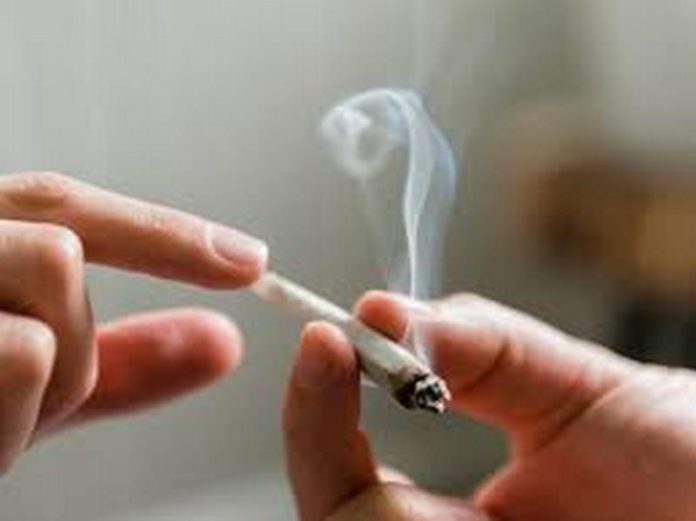The escalating rates of drug abuse among women in Ghana have become a growing concern for the Narcotics Control Commission (NACOC).
Francis Opoku Amoah, the Acting Director of Public Affairs and International Relations at NACOC, revealed that a startling 47% of females aged 15 to 65 are now involved in drug abuse.
This disconcerting revelation comes ahead of the International Day Against Drug Abuse and Illicit Drug Trafficking on June 26th.
The theme for this year’s observance is “People First: Stop Stigma and Discrimination, Strengthen Prevention.”
During an interview on Adom FM’s program, Burning Issues, Mr. Amoah shared his firsthand observations from visiting rehabilitation centers, noting a significant shift in the demographics of drug abuse.
He stated, “Previously, drug abuse was predominantly associated with men. However, statistics from the centers show that 53% of males and 47% of females between the ages of 15 and 65 are now engaged in drug abuse. While males still dominate the drug abuse statistics, the increasing numbers among females are worrisome.”
Mr. Amoah delved into the factors contributing to this trend, highlighting peer pressure and a sense of adventure as influential factors leading men towards drug abuse.
For women, he identified relationships, peer pressure, and a desire for exploration as significant elements contributing to drug abuse.
To address this growing menace, Mr. Amoah emphasized the importance of education and awareness, particularly targeting the youth.
He stressed, “Many individuals who abuse drugs are unaware of the harmful effects. It is crucial to conduct extensive education campaigns to sensitize young people about the dangers of drug abuse and the urgent need to abstain from it.”
Furthermore, Mr. Amoah urged women entangled in relationships that promote drug abuse to sever ties with such partners.
He also expressed concerns about the inadequate number of rehabilitation centers in the country to effectively treat individuals struggling with drug addiction.
Highlighting a significant shift in the legal approach, Mr. Amoah pointed out that the recent transformation from the Narcotics Control Board to the Narcotics Control Commission has resulted in revised punishments for drug offenders.
Instead of immediate imprisonment, individuals arrested for involvement in hard drugs now undergo evaluation by both judges and medical professionals.
Based on their assessment, recommendations for rehabilitation rather than imprisonment are made, signifying a shift towards a more holistic approach to address drug addiction in Ghana.
ALSO READ:

